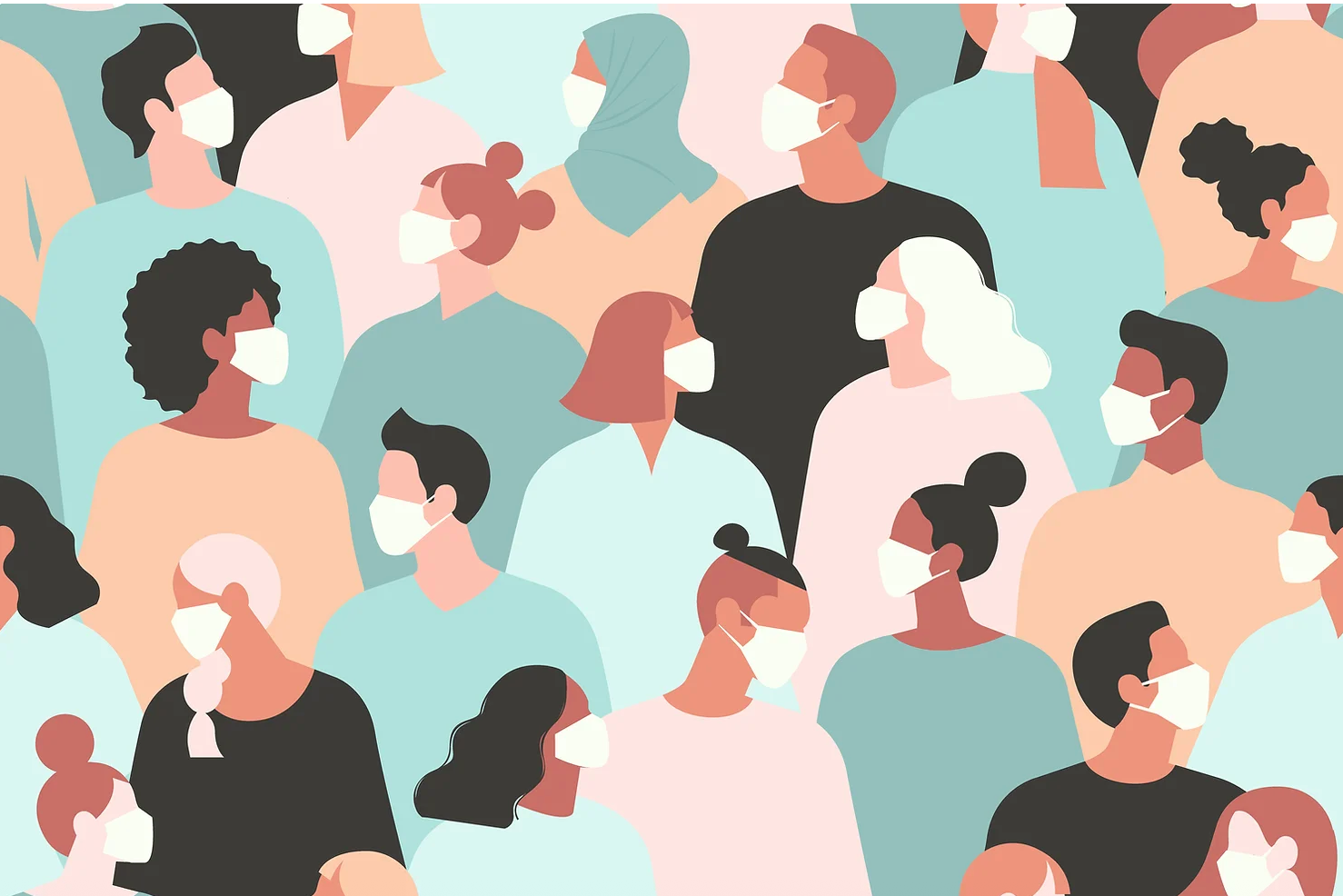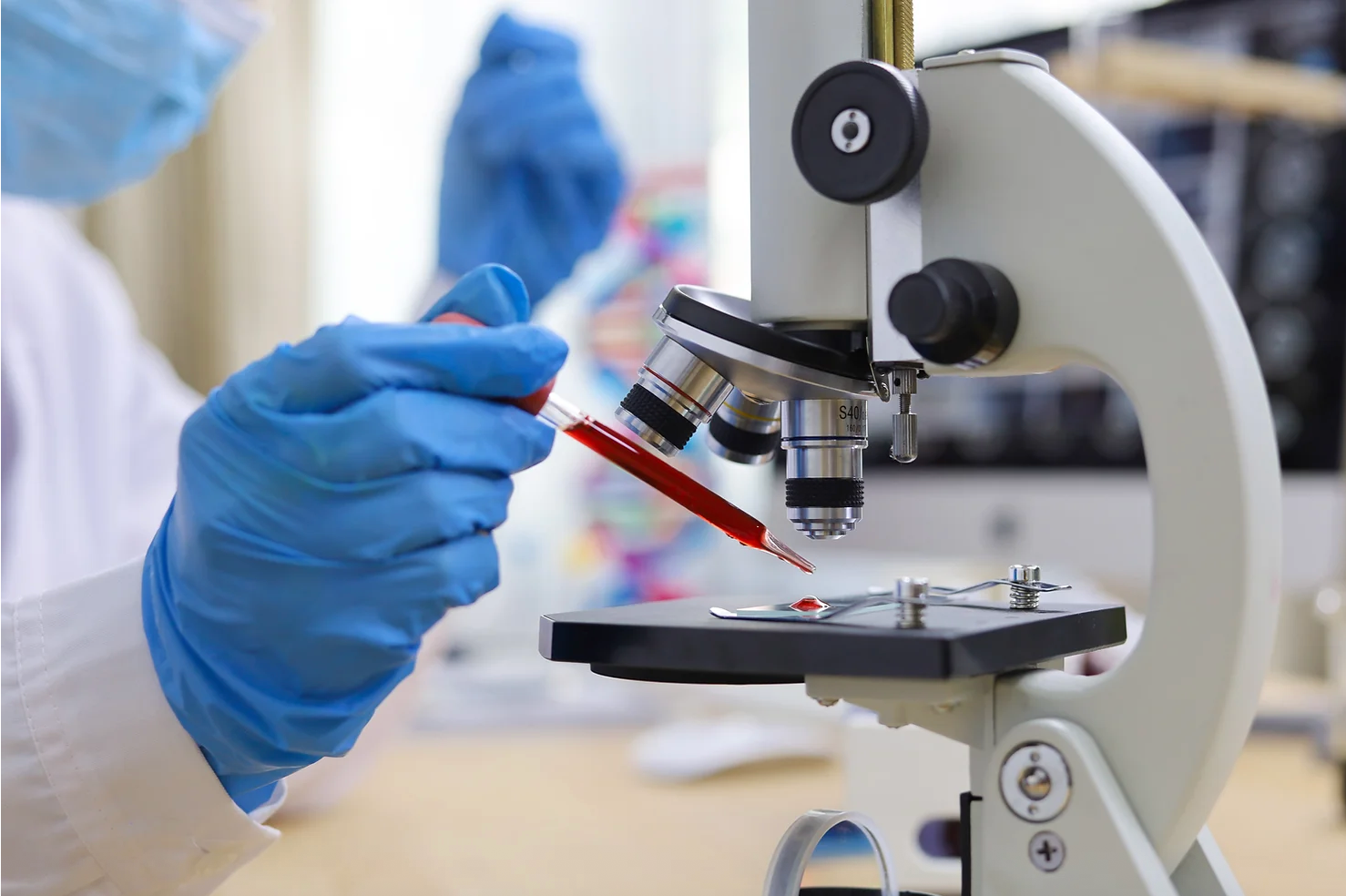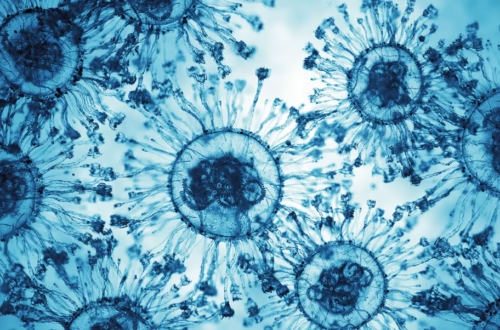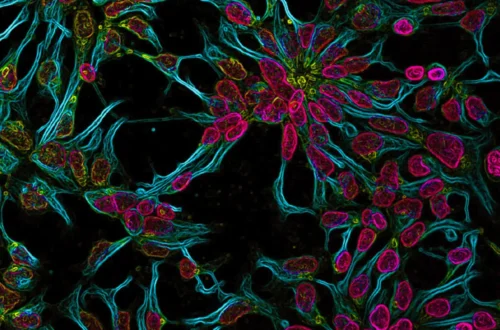The COVID-19 pandemic highlighted the critical role biotechnology plays in safeguarding global health. From vaccine development to genetic sequencing, biotechnology has been at the forefront of combating pandemics, providing solutions at an unprecedented pace. But how exactly does biotechnology help in these crises, and what does the future hold? Let’s explore.
Biotechnology: The First Line of Defense
In the face of a global pandemic, time is of the essence. Biotechnology companies and researchers use cutting-edge tools to rapidly identify pathogens, develop treatments, and distribute vaccines. Here’s how:
- Rapid Genetic Sequencing: The SARS-CoV-2 virus was sequenced within weeks of its emergence, thanks to advancements in biotechnology. This allowed scientists worldwide to start developing diagnostics and treatments immediately.
- mRNA Vaccines: Biotech innovations led to the creation of mRNA vaccines, such as those developed by Pfizer-BioNTech and Moderna. These vaccines were designed and tested in record time, showcasing the power of modern biotech tools.
Biotechnology Beyond Vaccines
While vaccines are the most visible outcome, biotechnology contributes in many other ways:
- Diagnostic Tools: Biotech companies have developed highly accurate PCR tests and rapid antigen tests to identify infections.
- Therapeutics: Monoclonal antibodies and antiviral drugs are other breakthroughs enabled by biotechnology. For example, remdesivir and other treatments emerged as potential therapies during COVID-19.
- Monitoring and Surveillance: Biotechnology facilitates genomic surveillance, allowing scientists to track virus mutations and identify new variants in real time.
Lessons Learned from COVID-19
The COVID-19 pandemic revealed both the strengths and challenges of the biotech industry:
- Global Collaboration: Governments, biotech companies, and non-profits collaborated like never before, accelerating innovation.
- Challenges in Distribution: Despite rapid vaccine production, ensuring equitable distribution remains a significant hurdle, especially in low-income regions.
- Need for Preparedness: Investments in biotech infrastructure before pandemics can save lives and reduce economic fallout.
Biotechnology and Future Pandemics
How can biotechnology prepare us for the next pandemic?
- Universal Vaccines: Researchers are exploring vaccines that can protect against entire families of viruses, reducing the time needed for development.
- AI Integration: Artificial intelligence is being integrated into biotech processes to predict outbreaks, design treatments, and optimize clinical trials.
- Personalized Medicine: Advances in genetic research may allow for treatments tailored to an individual’s genetic makeup, improving outcomes during pandemics.
The Ethical Dimension
With great power comes great responsibility. Biotechnology also raises important ethical questions:
- Data Privacy: The use of genetic data in research and public health efforts must ensure patient privacy.
- Equity: How can we ensure that biotech innovations reach all populations, not just wealthy nations?
- Dual Use: While biotech can save lives, there’s also the potential for misuse, such as bioterrorism.
A Hopeful Future
Biotechnology has transformed how we respond to pandemics, providing tools that were unimaginable just a decade ago. With continued investment, collaboration, and innovation, we can build a future where humanity is better equipped to face global health crises.
What do you think about biotechnology’s role in pandemics? Share your thoughts in the comments below!
Subscribe to our newsletter!




